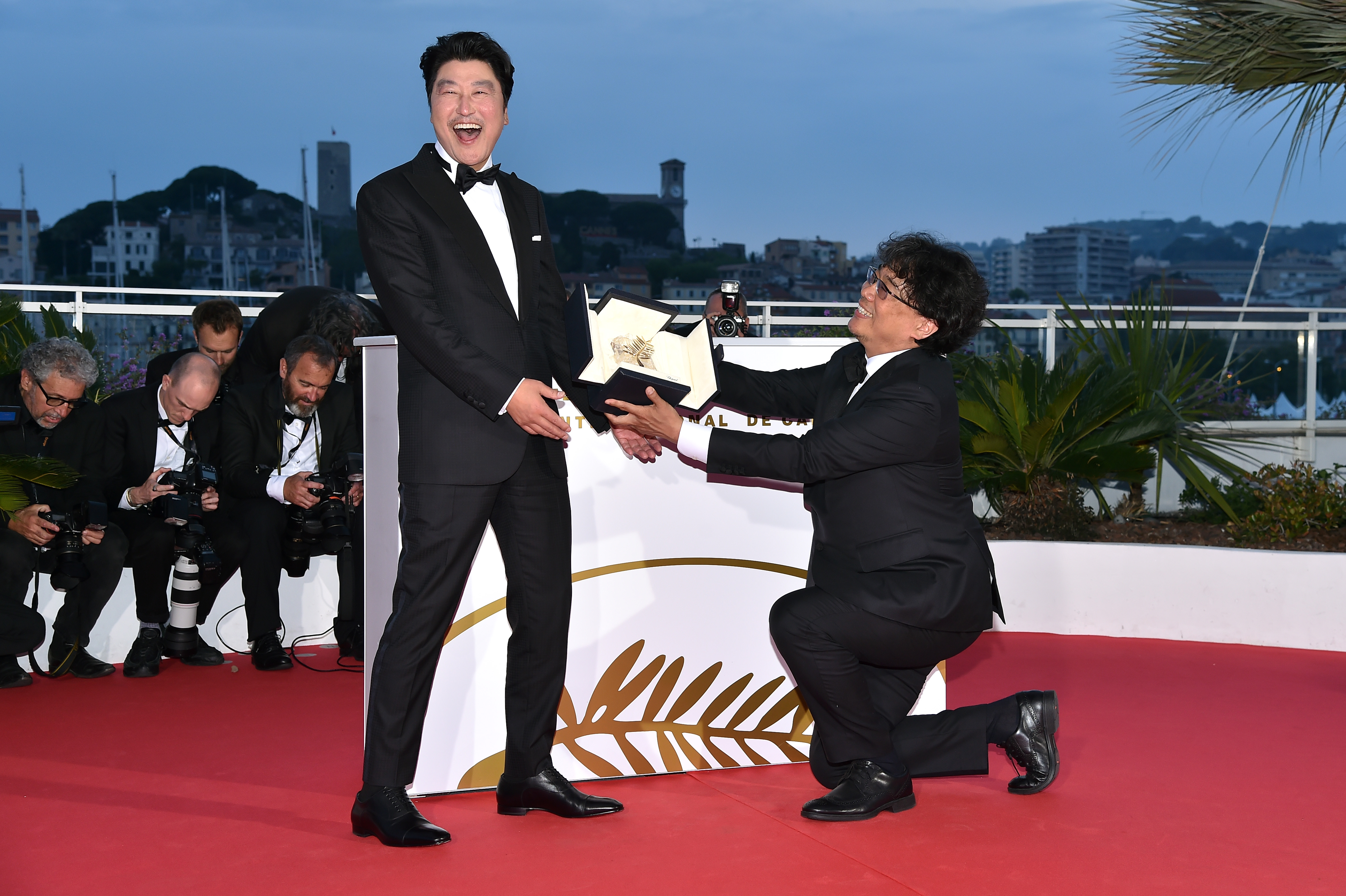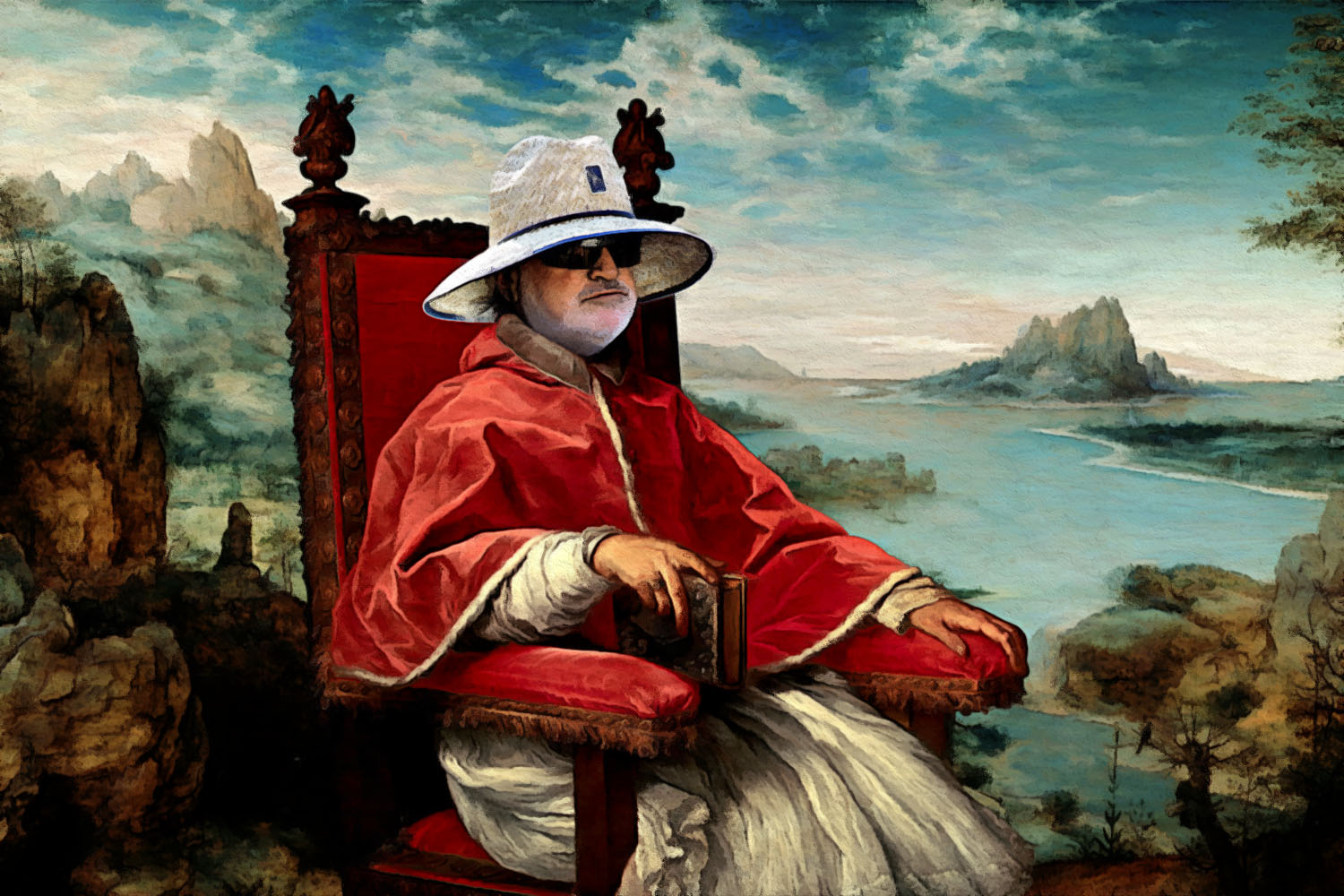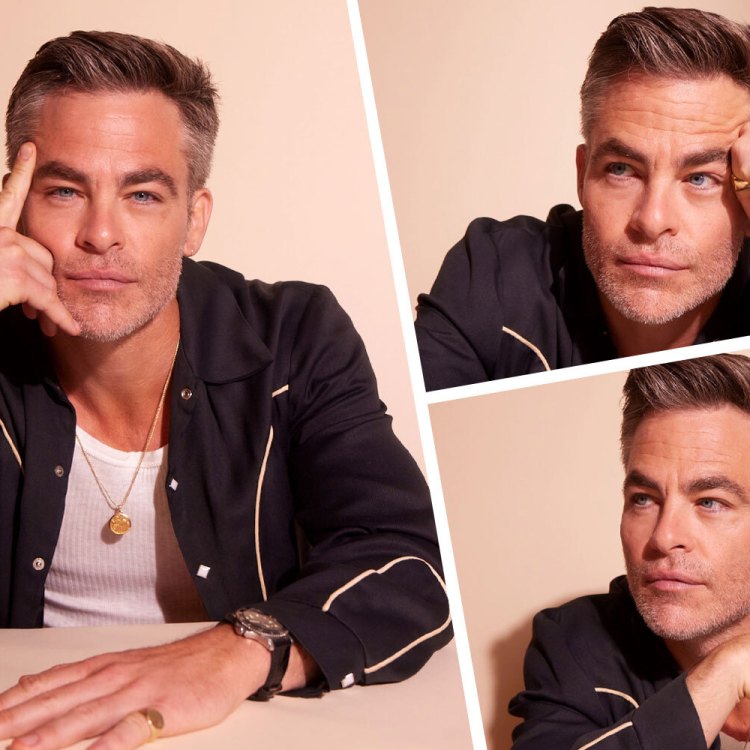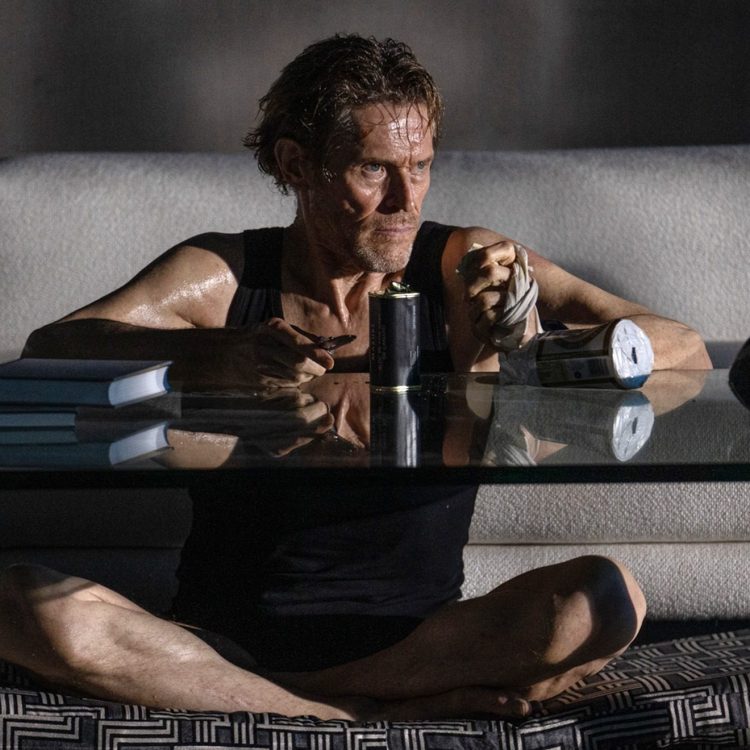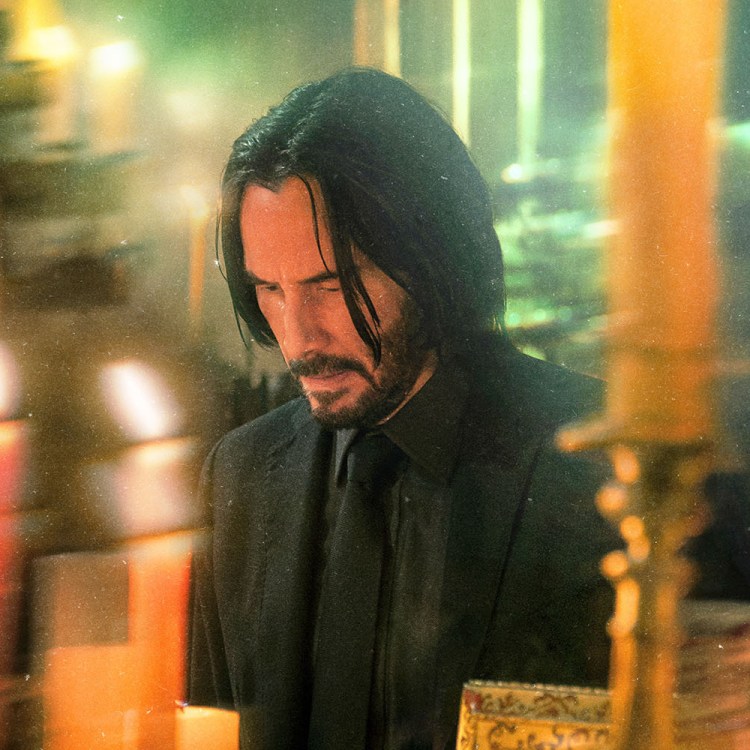There’s this great photo of Yorgos Lanthimos at the 2011 Academy Awards: flanked on either side by wife Ariane Labed and star Angeliki Papoulia, faintly resembling the twin girls from The Shining, all three stand with dead-serious expressions on a patch of red carpet. The somber looks on their faces exude too much severity to register as the sexy vacuity A-listers assume once they step in front of the flashbulbs. They’ve situated themselves in an area that’s clearly not a step-and-repeat intended for photo ops, and in the background to their left and right, crowds of fans look in the direction of people who are not them. They look out of place, because they were.
They were there representing Lanthimos’s third feature, Dogtooth, a film that stuck out from that year’s crop of Oscar contenders, much like the trio of well-dressed Greeks did on the big night. Sadistic, oblique and flatly affected, it wasn’t the sort of picture that amasses the favor of Academy voters, even in the more open-minded category of Best Foreign Language Film. The journey to the Kodak Theatre in Los Angeles had been long and unlikely, from a win at the Cannes Film Festival in May 2009 (Lanthimos brought home the Prix Un Certain Regard, the fest’s highest honor for an emerging filmmaker not yet in the main Competition) to a hotly anticipated U.S. run in June 2010 to the Oscar footlights the following February. Over those two years, the film gained a reputation as a critical darling still largely under the radar in a time before social-media saturation, which lent its inclusion in that slate of nominees an underdoggish air. It didn’t matter that he’d lose the statuette to Susanne Bier’s more anodyne In a Better World; getting there in the first place was a victory in itself.
By the end of the decade, Lanthimos would transform from an unexpected Hollywood infiltrator into a Best Picture frontrunner at the helm of a grand studio production boasting a 10-nod ticket. No one’s stock has risen so precipitously over the past 10 years, a prolific period during which the director has cranked out five feature-length projects (and one 30-second short for Radiohead!), all of them generally well-regarded. Dogtooth, which initially entered American theaters ten years ago today, planted the seed of a crossover success that would only grow as its creator made forays into the English language and began collaborating with uppermost-tier stars. Repeating one the most satisfying showbiz narratives of all, the outsider oddball bent the industry to his will.
Pondering why Dogtooth connected to the global arthouse circuit when his previous works Kinetta and the co-directed My Best Friend languished in relative obscurity invites a chicken-egg conundrum: Did wider distribution breed public interest, or did market demand lead to more showings in worldwide cinemas? Either way, Dogtooth struck a chord in a way that the others hadn’t, to the point where many incorrectly assume it was Lanthimos’s debut. The strange tale of a family in isolation does have the feeling of a distinctive arrival, as if it could never be mistaken for anything but itself.
Viewers got familiarized with Lanthimos’s major idiosyncrasies, and quickly. One, that he favors dense metaphors about authoritarianism, in this instance a dictatorial father commanding the whole of his wife and children’s reality by cutting them off from the outside world. (Every film by Yorgos Lanthimos could be fairly retitled Please Don’t Make Me Do That.) Two, a jet-black sense of humor often involving sudden bursts of shocking violence that put the “dead” in “deadpan.” Three, hyper-composed frames of modernist painterly beauty. His boldest creative tendencies were instantly understood as the sui generis trademarks of a singular artist.
His next film, Alps, was fully in the can by late 2010, just as gatekeepers in the business were familiarizing themselves with the name of Lanthimos. As such, the portrait of a group providing emotional support to the grief-stricken by posing as their deceased loved ones for a final playacted goodbye comes off as somewhat minor. One standout sequence sees Labed performing a ribbon dance that conveys a tortured interiority that her blank-slate visage can’t, a summarizing scene in the Lanthimos canon, and yet the film lacks the thunderstriking sense of revelation that accompanied Dogtooth. Let that be no ding on its quality, as attested by its win for Best Screenplay at the Venice Film Festival in 2011. But the next major phase of Lanthimos’s career, Operation: American Invasion, commenced in earnest with The Lobster in 2015.
By 2013, he had completed an ambitious screenplay envisioning a grand hotel in which residents must form compulsory couples in order to evade transmogrification into an animal of their choosing. It begins as an indictment of heteronormative romance’s rigidly assigned roles, but as hapless bisexual David (a mustachioed, potbellied, soft-spoken Colin Farrell) escapes into a colony of singles in the woods operating under rules just as stifling, it opens up into classically Lanthimosian meditation on power and its gross abuse. It inspired rapturous reviews, took the bronze medal that is the Jury Prix at Cannes, and returned Lanthimos to the Oscars once more, this time in the Best Original Screenplay category. More to the point, it established his films as a place name-brand actors can go for an unusual challenge. Farrell, Rachel Weisz, Léa Seydoux and an ensemble of others famed through Europe and North America relished the opportunity to adopt Lanthimos’s house style of stilted delivery. Like doing Brecht, it’s a good stretch for the thespian muscles left to atrophy by most silver screen gigs.
His next two films bring us up to the present, and suggest the outline of an auteur wrestling with his own success. He followed his most alienating film with his most accessible, via the wryly comic cruelty of The Killing of a Sacred Deer and the hysterical misbehavior of The Favourite, respectively. The former film, a parable in which a surgeon (Farrell, again) must choose which of his children to murder so that they don’t both die, posed a test to newcomer audiences with interests piqued by The Lobster. It was as if Lanthimos, with some cachet to throw around, wanted to see just how far into darkness he could push an American film without losing his audience. It’s his “get on the bus or get off” moment.
In comparison, The Favourite signaled a slight softening of his stony ethic. We get one of the few genuinely sympathetic characters in his entire filmography with Queen Anne, portrayed as an vain and clueless older woman nonetheless taken advantage of by the courtiers out for her throne. Two such connivers (Emma Stone and a returning Weisz) strike up a game of competing sapphic desires in the gaudy finery of a costume drama, occasioning Lanthimos’s first display of non-ironic affection to date. It’s couched in a thicket of manipulations and deceptions and vengeances, but there’s a kernel of humanity at the center that wasn’t there before. The final shots see one character taking mercy on a rabbit, in flagrant defiance of Lanthimos’s theretofore espoused philosophy that animal abuse will always be good for a sick laugh.
It may have been the fusion of the perennially beloved pearls-and-furs genre with a wicked streak more attuned to today, it may have been a function of smart releasing and promotion, but something clicked. A whole new wave of devotees adopted Lanthimos as their new graven idol, bringing him as close to ubiquity as someone this polarizing could get. Tumblr and Twitter swelled with fan accounts and screenshots, and he soon rose to a level of recognition enjoyed by a select handful of directors. The aptest point of comparison may be Wes Anderson, a known quantity able to get his movies made his way for a loyal viewership that prize everything that makes him, well, him.
The parallels run much deeper than that, all the way to the core of Lanthimos’s appeal. Even those who don’t fancy themselves cinephiles gravitate toward Anderson because he makes the hallmarks of auteurism easy to identify and understand. They both love snazzy typefaces, meticulous mise-en-scène, and acting that eschews naturalism. More perceptibly than most, Lanthimos conveys the impression that you’re watching a movie made by someone with a clearly defined set of stylistic and thematic preoccupations, a Work by an Artist. His output is unmistakable in a way that makes the twice-a-year cineplex visitor feel discerning without dumbing down his techniques and losing the core base. Countless international filmmakers have attempted to make the jump to Hollywood and stumbled, either by submitting to compromise or staying true to themselves and failing to gain traction. Lanthimos (and, if he keeps it up at the current rate, Bong Joon-ho) represents the latest realization of the highbrow/mainstream ideal. As a talented obscurity who made his way into the spotlight just by doing his thing, he’s living proof that sometimes, the system works.
This article was featured in the InsideHook newsletter. Sign up now.

